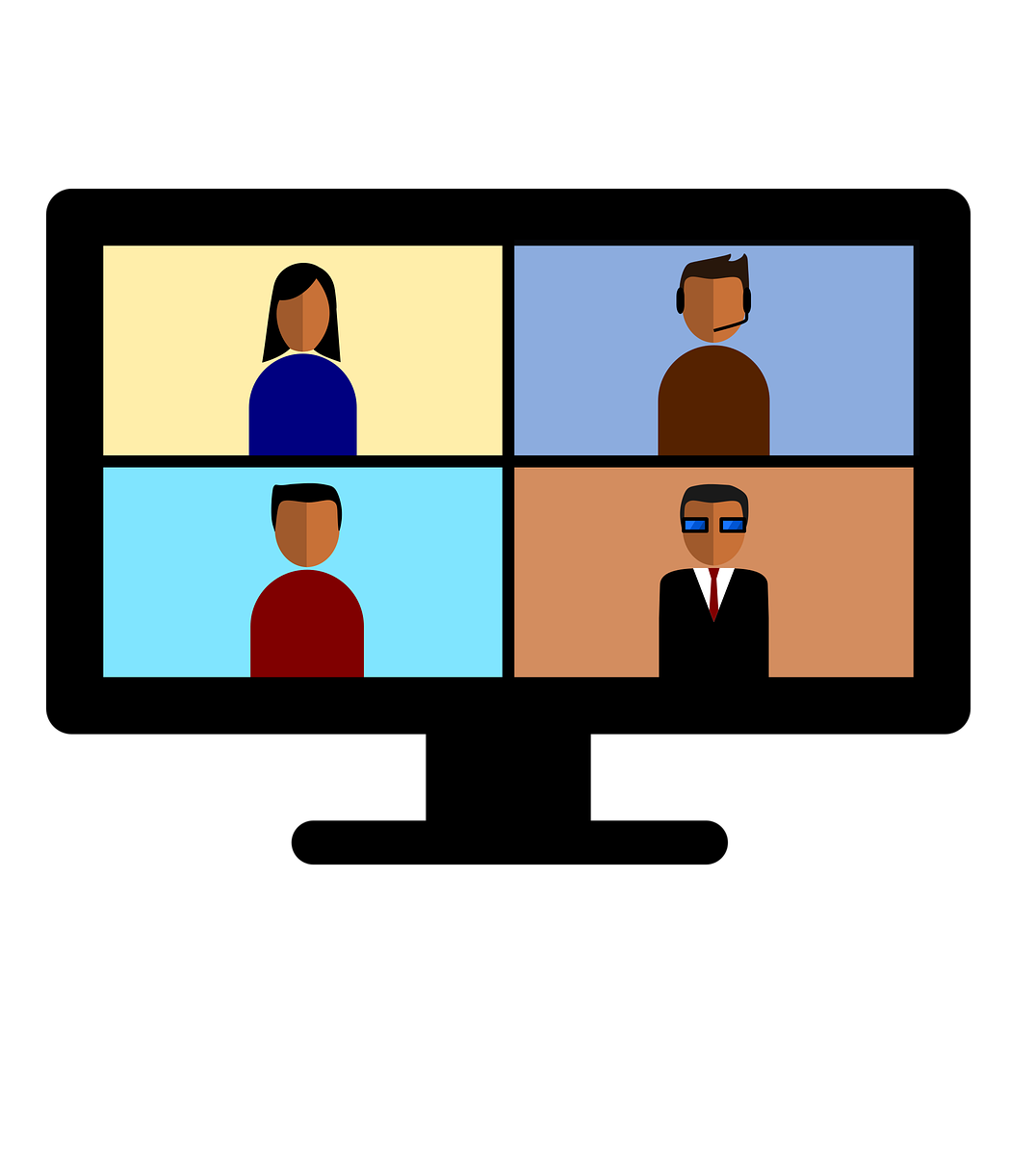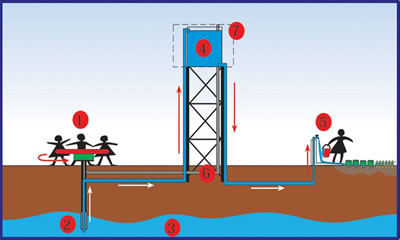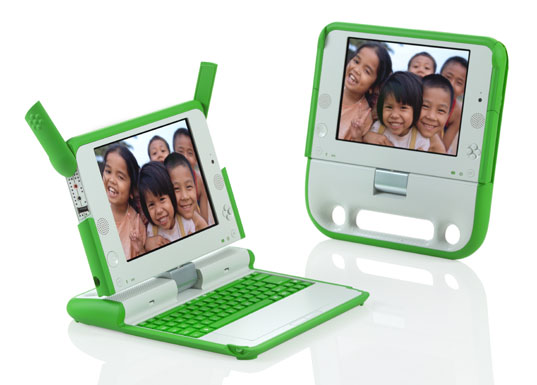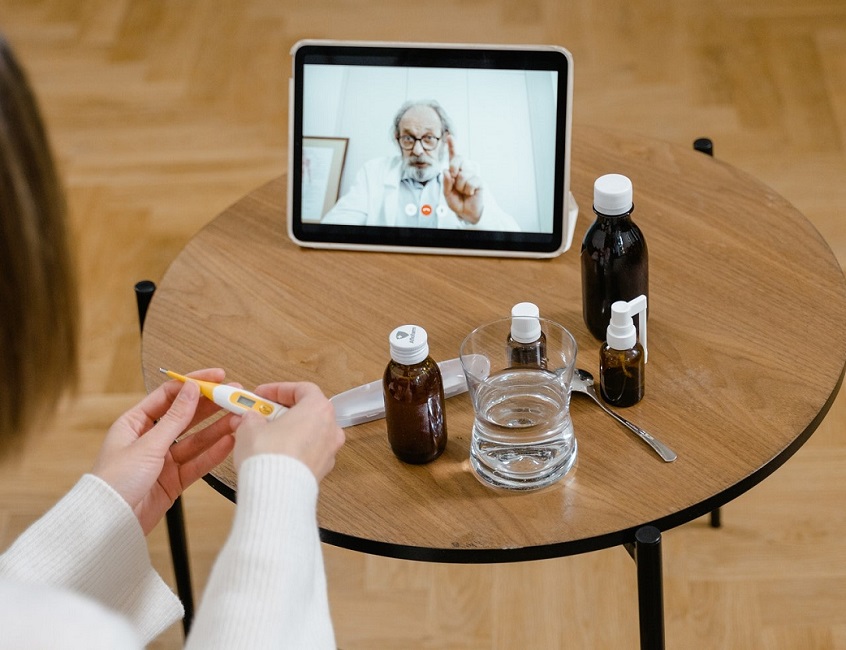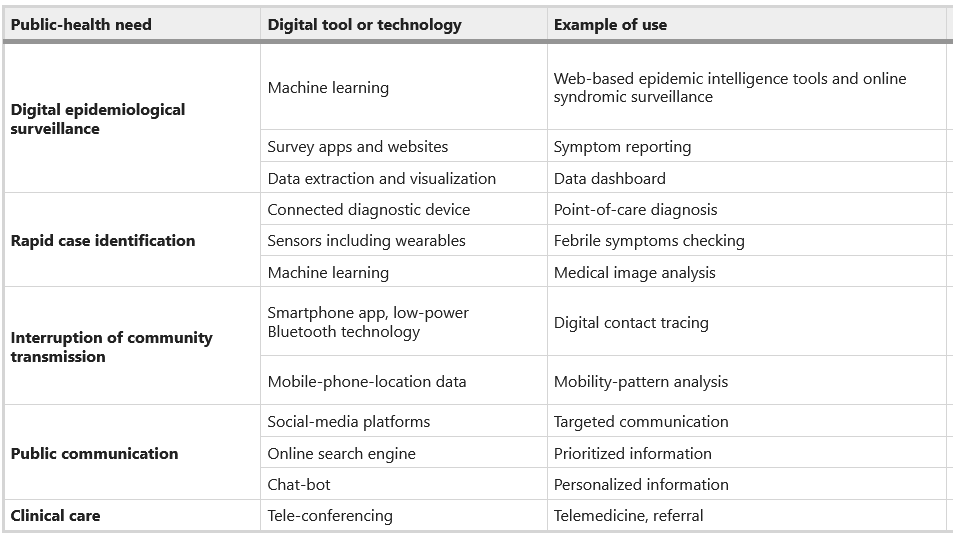
Self-Made Myth
You have ever heard someone say that ‘I am a self-made person.’ It could be a self-made millionaire, self-made YouTuber with many followers, self-made programmer, or even self-made businessperson. The claim here is that the person is who they are due to their own effort, and did not depend on help from other people. The pride!
Nothing could be further from the truth. There is no self-made person. At least, they did not give birth to themselves. They never taught themselves how to speak. Did they invent money so that they can make a lot of it? They never became influencers by following themselves, nor did they make the gadgets that they use for social media. Even if they stole, they did not steal from themselves. All their achievement is because they live in a society with other people, who directly or indirectly, influenced who they are.
There is no self-made person.
Collaboration
At the center of everything we do is other people, and this is a unique gift from God that sets us apart from other animals. Human beings are able to collaborate with one another in very special ways. Take the example of taking a cup of tea; where you can walk into a café and get some ready-made tea, or you can buy the ingredients and make yourself a cup of tea. You do not need to grow your own tea, make your own sugar, blacksmith your own sufuria or model your own cups. You depend on other people to have your cup of tea.
In life you never see monkeys specializing and having some of them look for bananas while others look for berries. You do not see some of them working hard to map the forest so that they keep an up-to-date database of where all foods are. You do not see wild animals coming together to irrigate the jungle during the dry season. Neither do you see lions setting traps and hunting in bulk so that they can sell to other lions, and so that the elderly lion will not need to hunt. Specialized collaboration is the gift that human beings have.
Social Capital; Definition
Which brings us to social capital.
Social capital refers to the links and bonds people form through friendships and acquaintances. It is what allows groups of people to work together for a common purpose or goals. When you know somebody who can solve your problem, or you know somebody who knows somebody who can help you file your tax returns, you are making use of your social capital to achieve a certain goal.
Why is this important?
Herbert Smith, Nobel-prize-winning economist, estimated that 90% of what people earn in wealthy “western” societies is down to social capital. Had Bill Gates been born Yatta, Matuu, perhaps he could be a major sand supplier in Kenya. The guy pushing a handcart in Nairobi could easily have been a logistics officer with British Airways of they were born in London. This is social capital at work.
If you are born in a poor country, you will make less money for the same skills and effort compared to if you were born in a rich country.
Social Capital in the Bible
Let me put this here so that I do not forget, or lack somewhere else to say it.
‘The greatest of all networks is to know and be known by God.’
That said, we move on.
The idea of relationships and networks starts right from the beginning, where we see a Triune God setting things in action in Genesis. We see laws that help people live together as a community because this was key.
Something worth noting: While social capital is built on the idea of reciprocity, that is not expected in Christianity. The command is to reach out to those who cannot pay back. “When you give a luncheon or dinner, do not invite your friends, your brothers or sisters, your relatives, or your rich neighbors; if you do, they may invite you back and so you will be repaid.” (Lk 14:12)
Some 3 examples from the bible:
Mephibosheth
- Perhaps he was the 3rd in line to be King (After Saul and his father Jonathan)
- All this was lost when David takes over. But,
- David comes to his rescue, on account of his father Jonathan
- David asked, “Is there anyone still left of the house of Saul to whom I can show kindness for Jonathan’s sake?” 2 Samuel 9:1
- This way, he enjoys royal treatment based on the relationship that the Father had with David.
Lesson: Networks we build today could help us or our children in future.
Naaman
- Leprosy was a nagging problem for this big person. A servant girl in his house knew the solution.
- She said to her mistress, “If only my master would see the prophet who is in Samaria! He would cure him of his leprosy.” 2 Kings 5:3
- Naaman was known by the right person, who offered a solution.
- The problems you have today, someone possibly has the answer.
- Someone could be looking to hire someone with the skills that you have. But do you know them? Do they know you?
- The problems you have today, someone possibly has the answer.
- Naaman was known by the right person, who offered a solution.
Lesson: Know people, or know people who know people, or be known.
Jesus
- His ministry was dependent on people, who he needed to build first
- He appointed twelve that they might be with him and that he might send them out to preach. Mark 3:14
- This was like getting interns.
- He trains them and they end up being his witnesses.
- He appointed twelve that they might be with him and that he might send them out to preach. Mark 3:14
Lesson: Create your networks by building people.
What determines our social capital?
There are three things I can highlight:
- People we know
Our social capital is tied to the people we know (and of course, if they know as well because I know Vladimir Putin very well). It is important that we seek to know people.
- Depth of those relationship
It is not enough to know people; ensure that they know you in the right way. This calls for a rich and genuine relationships with other people. People may not know that you can offer a certain service or possess a certain skill unless you interact closely. If people do not know that you are looking or a job, they will not be looking out for opportunities on your behalf.
- Benefits of those relationships
You could have people who know you, know your needs, but are they willing to go out of their way to help you? What are they willing to do to help you? While there is little we can do to get people to help us, we can take the first step to ensure that we help people who are within our networks.
How to Build Networks/Social Capital
A few tips:
- Do good to the people that you already know. People reciprocate.
- Know new people. Do not sit back and blame your introvertedness or claim that you are not good at making friends.
- Diversify your networks
- Get to know people in different fields. If you are an engineer, you will need a lawyer one day.
- Get to know people in different locations. There many opportunities outside your locality.
- Create time for people. Visit if you can. Make calls. Invite people to visit you.
- Keep in touch with former colleagues. Here there is a goldmine of people and you already know them.
**** Notes from MUBET fellowship talk on Social Capital. Photo by Clay Banks on Unsplash ***


